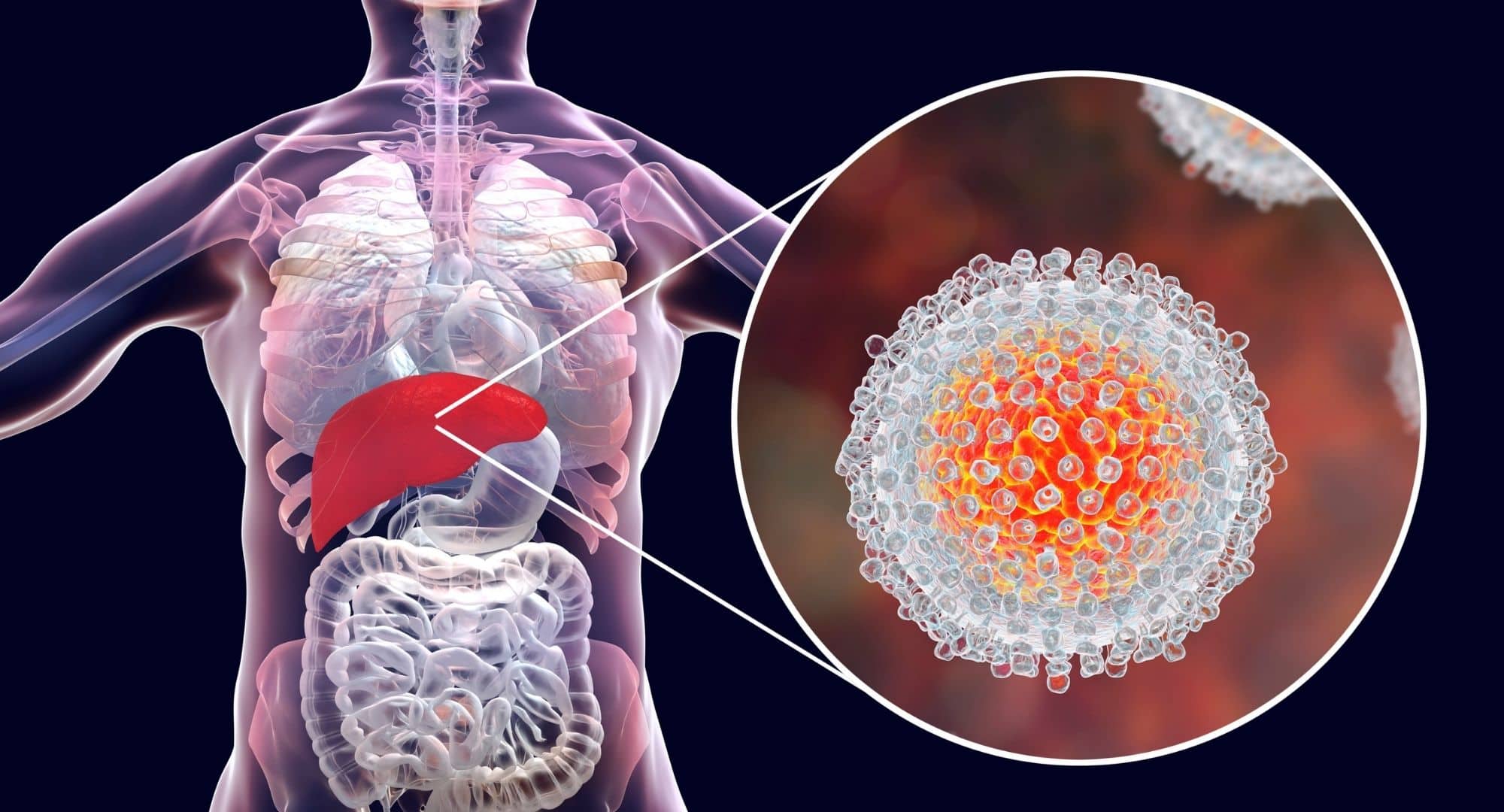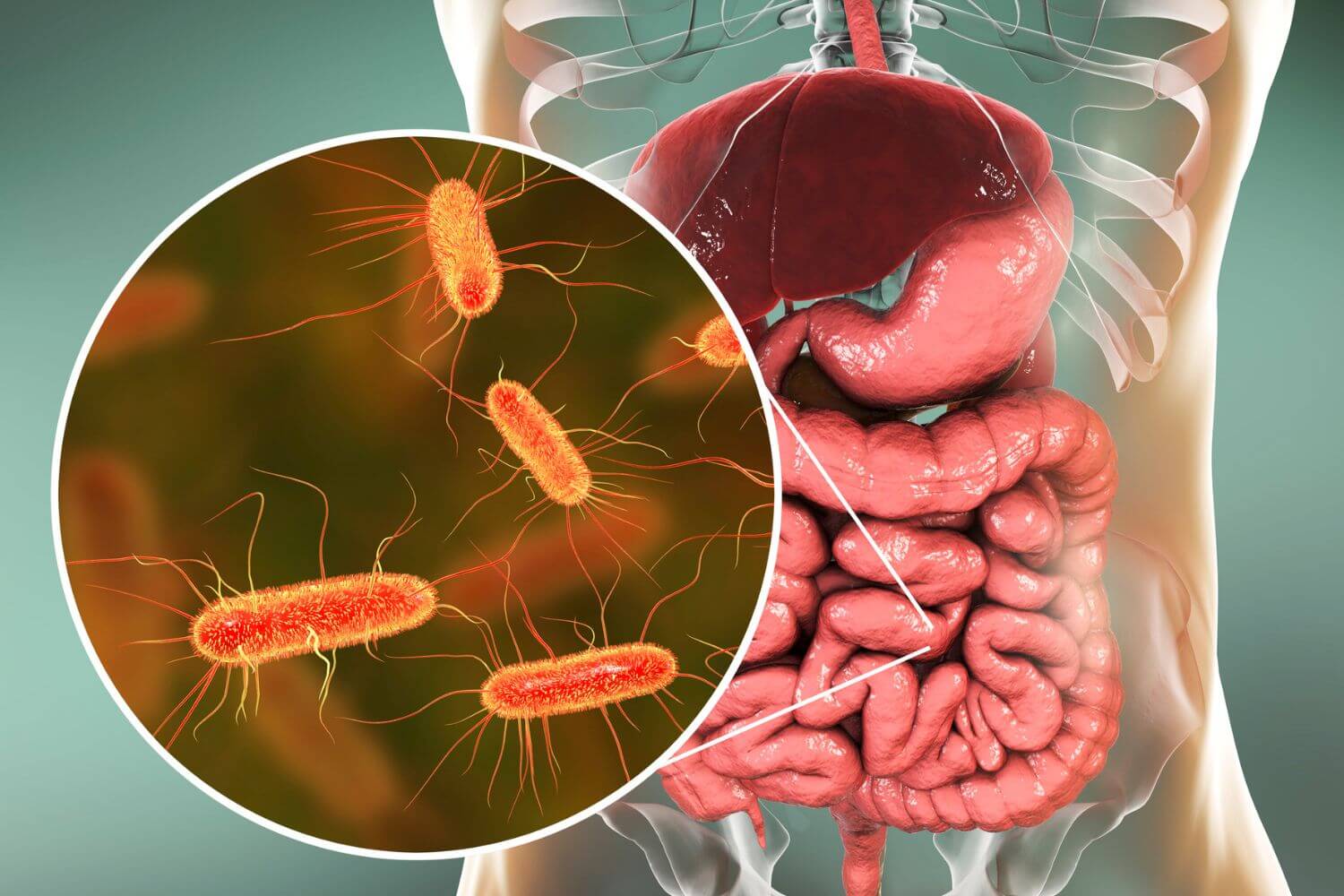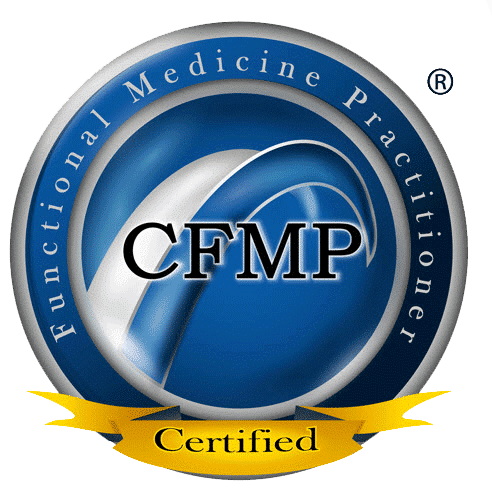Non-alcoholic fatty liver disease is a type of fatty liver disease caused by factors other than excessive alcohol use.
What is Fatty Liver Disease?
Fatty liver disease (steatosis) occurs when your body begins storing fat in your liver. Some fat in your liver is normal, but when more than 10% of your liver’s weight is fat, it can, over time, affect liver function and cause liver injury.
Excessive alcohol use is a common cause of fatty liver disease, but many people develop it without excessive alcohol use.
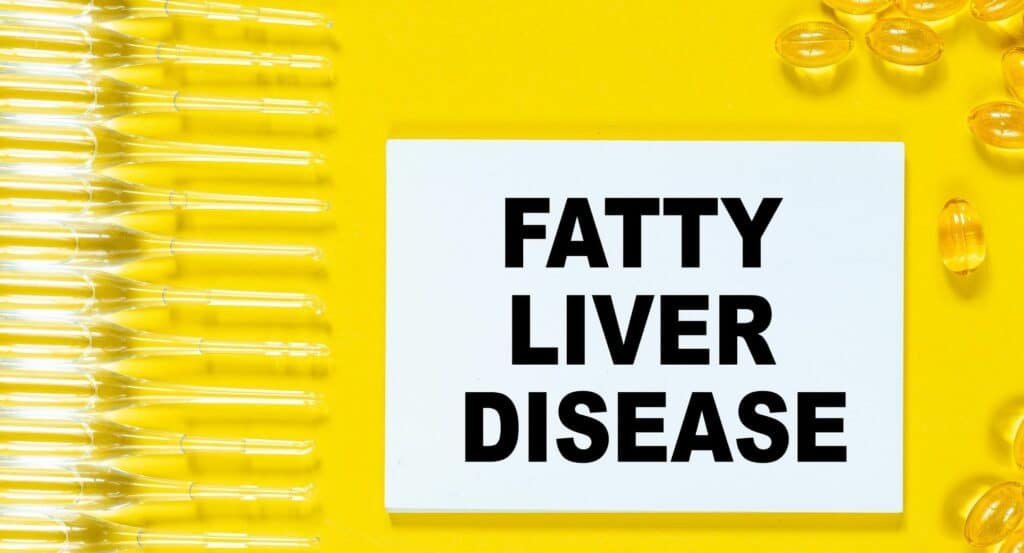
Fatty liver disease is divided into two types:
1. Non-alcoholic fatty liver disease (NAFLD): Fatty liver disease is characterized by the presence of fat but no damage to the liver.
NAFLD is increasingly common around the world, especially in Western nations. In the United States, it is the most common form of chronic liver disease, affecting about one-quarter of the population. Some individuals with NAFLD can develop nonalcoholic steatohepatitis (NASH.)
2. Non-alcoholic steatohepatitis (NASH):
This is an aggressive form of fatty liver disease, which is marked by liver inflammation and may progress to advanced scarring (cirrhosis) and liver failure. This damage is similar to the damage caused by heavy alcohol use.
NASH affects about 2% to 5% of Americans.
NAFLD and NASH are both linked to the following:
- Overweight or obesity
- Insulin resistance, in which your cells don’t take up sugar in response to the hormone insulin
- High blood sugar (hyperglycemia), indicating prediabetes or type 2 diabetes
- High levels of fats, particularly triglycerides, in the blood

Symptoms of Fatty Liver Disease
Fatty liver disease is sometimes called a silent liver disease because many people experience few symptoms. Many people live with fat in their liver without developing liver damage and may experience commons symptoms and signs such as:
- Fatigue
- Pain or discomfort in the upper right abdomen
- Weight loss or weight gain
- Yellowing of the skin or eyes (jaundice)
- Spiderlike blood vessels
- Itching
- Heartburn
- Constipation
- Small intestinal bacterial overgrowth (SIBO)
- Hashimoto’s thyroiditis
- Fluid retention
- Internal Bleeding
- Confusion
- High triglyceride levels
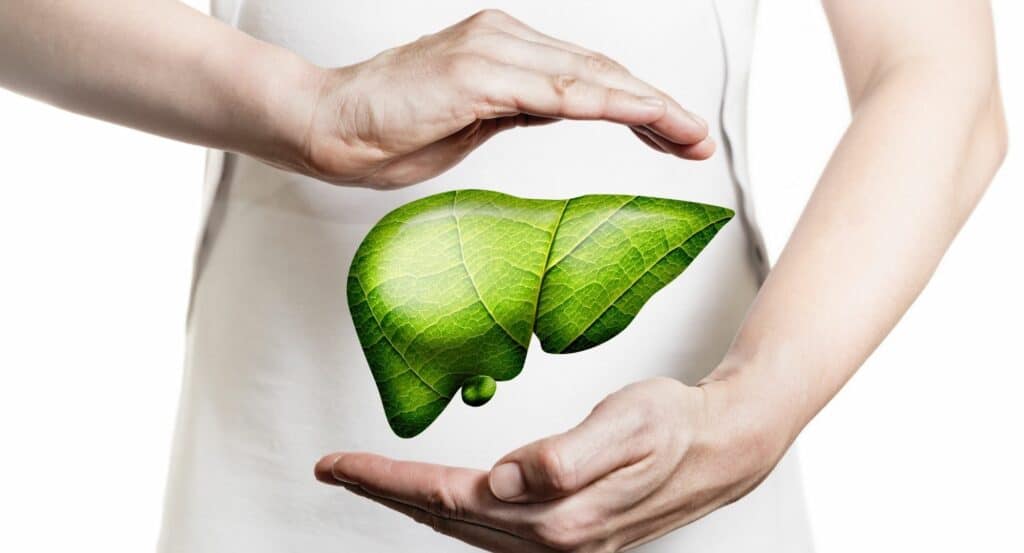
The Role of The Liver
The liver is located in the upper right-hand portion of the abdomen. It is the largest internal organ and is responsible for over 500 bodily functions. These include removing waste products and foreign substances from the bloodstream, regulating blood sugar levels, and creating essential nutrients. Here are some of the most critical functions of the liver:
Albumin Production: Albumin, produced only in the liver, is the major protein that circulates in the bloodstream. It keeps fluids in the bloodstream from leaking into surrounding tissue and carries hormones, vitamins, and enzymes through the body.
Bile Production: Bile is a fluid critical to digestion and the absorption of fats in the small intestine. When we eat food, bile is transported from the gallbladder into the intestines to help with the breakdown of fats in the body.
Filtration: The liver ensures that foreign substances, such as toxins, chemicals, bacteria, byproducts, and other harmful substances, are removed from the blood before reaching the digestive tract to keep the blood and body healthy. As the blood leaves the stomach and intestines, it passes through the liver, removing toxins to keep the blood and body healthy.
Regulates Amino Acids: The production of proteins depends on amino acids. The liver ensures amino acid levels in the bloodstream remain healthy. Liver cells change amino acids in foods so that they can be used to produce energy or make carbohydrates or fats.
Regulates blood clotting: When you bleed, plasma proteins known as coagulation factors are activated, helping your blood to clot. These coagulation factors are produced in the liver. The liver also produces the bile salts necessary to absorb and synthesize vitamin K, which is needed to prevent untrollable bleeding.
Stores Vitamins and Minerals: The liver stores vitamins A, D, E, K, and B12, as well as helping these nutrients get to where they are needed.

Ways to help your liver function better
The liver plays an essential role in the overall health and function of the body. Supporting a healthy liver can not only prevent non-alcoholic fatty liver disease but can improve the overall health and function of your body.
Here are some ways to help your liver function better:
- Eat a nutrient-dense, anti-inflammatory, low-carb ketogenic diet rich in organic greens and vegetables, low-glycemic index fruits, herbs, spices, fermented foods, healthy fats, such as coconut oil, avocados, and organic butter and ghee, and clean protein, such as grass-fed beef, pasture-raised poultry and eggs, wild-caught fish, and wild game. Also, adding more bitter vegetables can also be helpful,ex. Arugula, radishes, dandelion greens, artichokes, broccoli, Brussels sprouts, cabbage, and kale. Bitter vegetables help bile production and release which helps your digestion and absorption of nutrients.
- Exercise regularly: Regular exercise can help burn triglycerides for fuel and reduce liver fat. Lowering triglyceride levels is essential for healthy liver function.
- Encourage detox with herbs: Herbs are a great way to support a healthy liver and encourage detoxification. Herbs such as caraway seeds, turmeric, milk thistle, and dandelion root tea are excellent herbs to introduce into your diet to support liver function.
- Avoid processed, fried, and refined foods and sugars (including aspartame-containing foods and drinks in your diet, and avoid alcohol.
- Make sure that you have a good water filtration system for your home so that you are drinking purified water to have less waste and toxins for your liver to deal with.
- Find ways to reduce stress, step away from the news, watch more comedy, get fresh air, meditate, exercise, listen to relaxing music, and laugh with friends. Getting rid of clutter around the house can also lower stress levels.
- Get good sleep (aim for at least 7 hours.) Make sure your bedroom is more tranquil to help sleep by having it dark when you go to bed, and wear an eye mask if you can’t completely block the light. Don’t eat within 3 hours of going to bed, or drink or eat anything caffeinated. Step away from your computer by 8 pm (or wear blue-light-blocking glasses so you’re not so wired.) Try to keep your room cool to get better sleep.
- Try Tudca: Tudca (Tauroursodeoxycholic Acid) is a water-soluble bile acid naturally produced in small amounts in the body and has a long history of usage in Traditional Chinese medicine. Tudca is used as a supplement to support a healthy flow of bile from the liver to the intestines and support overall liver health.
*The use of bear bile, an inhumane and cruel practice, has unfortunately given Tudca a bad reputation. However, this substance is actually quite beneficial for liver health and there are synthetic solutions available that don’t involve harming animals.
Overall, Tudca is a very effective supplement for supporting liver health and function. If you are looking for a natural way to support your liver, Tudca could be a great option.
Tudca has a number of benefits for liver health, including:
– Acting as an antioxidant to protect the liver from damage
– Supporting the flow of bile from the liver to the intestines
– Helping to remove toxins from the liver
– Supporting the regeneration of liver cells
Work with Shelly
When working with me, I utilize functional medicine to identify and address the root cause of your health concerns, viewing the body as one integrated system.
We will look at your diet, nutrition, and exposure to environmental toxins, as they can play a central role in your health and hormones.
I will evaluate your lab results, comprehensive medical history, lifestyle, and environmental factors, in conjunction with Chinese Medicine to help better understand your unique health needs, deficiencies, and imbalances. From there, we will find the ideal healing modalities to offer the solutions you need to feel and function your best in every stage of life.
If you’re looking for support as you navigate your health concerns, schedule an appointment today. My goal is to help educate and empower you to find healing from within and live with balance and vibrant health.

